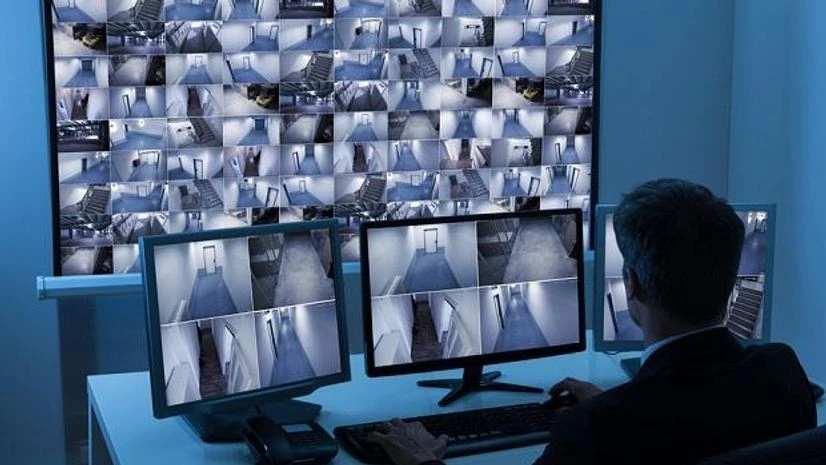In December 2018, the government notified 10 security agencies and authorities that would be allowed to carry out surveillance
of all electronic communications, internet-based activity and computers. The agencies were notified to do so under Information Technology Act, 2000. When it faced criticism from some quarters, the Union government responded to say that it was merely ensuring that specifically-listed agencies get to use the long-standing surveillance powers under the IT Act, which were operationalised by subordinate rules formulated in 2009.
In January 2019, several individuals and institutions went to the Supreme Court contending that the regulations as well as
of all electronic communications, internet-based activity and computers. The agencies were notified to do so under Information Technology Act, 2000. When it faced criticism from some quarters, the Union government responded to say that it was merely ensuring that specifically-listed agencies get to use the long-standing surveillance powers under the IT Act, which were operationalised by subordinate rules formulated in 2009.
In January 2019, several individuals and institutions went to the Supreme Court contending that the regulations as well as
Disclaimer: These are personal views of the writer. They do not necessarily reflect the opinion of www.business-standard.com or the Business Standard newspaper

)